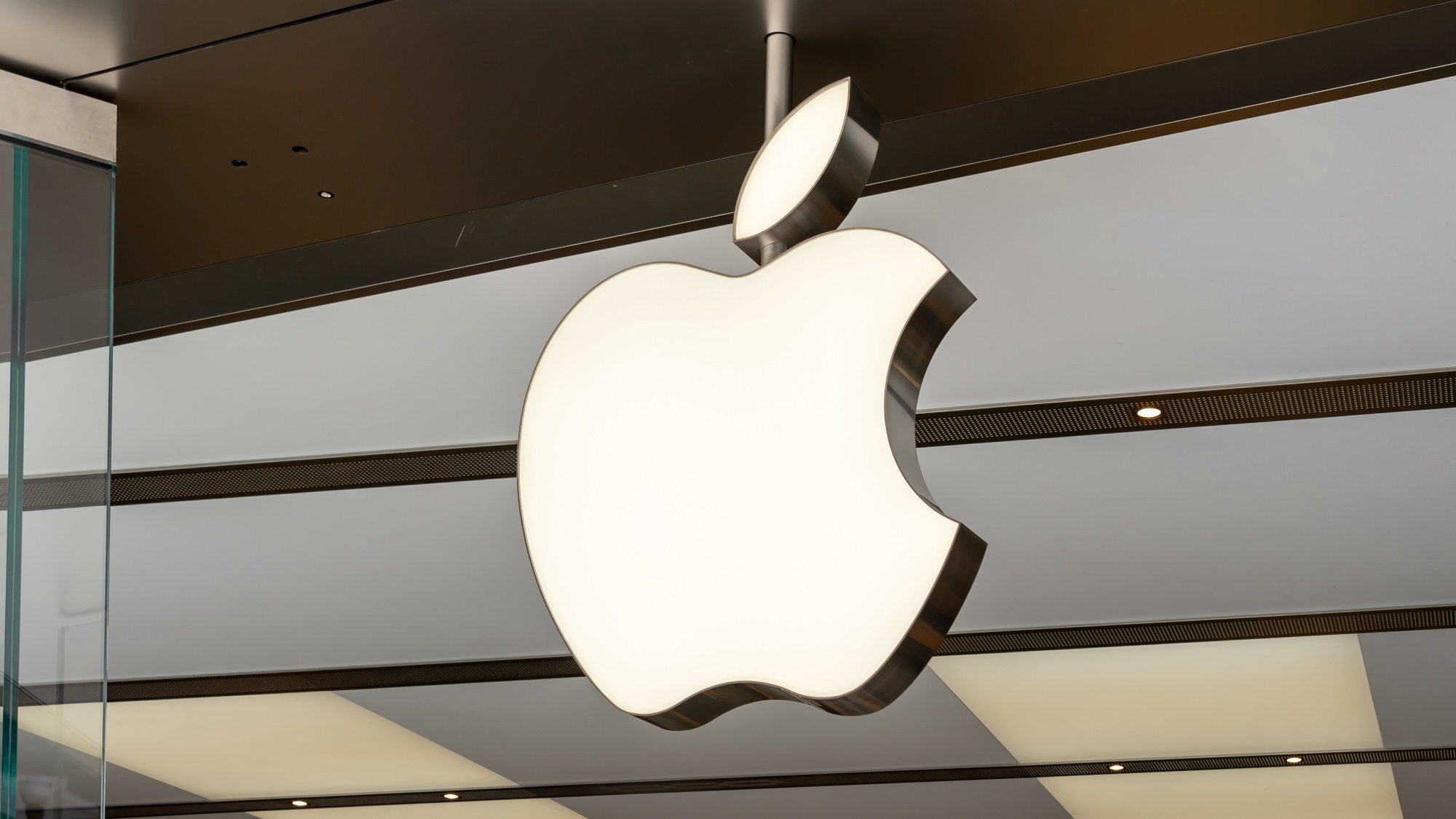Apple challenges US judge’s contempt ruling over App Store conduct in high-stakes legal appeal – Apple has asked a US appeals court to halt a recent district court decision that could have significant consequences for the future operations of its highly profitable App Store platform.
Last week, Judge Yvonne Gonzalez Rogers ruled that the tech company had willfully disobeyed a previous court order issued in a case originally brought by Fortnite creator Epic Games.
That 2021 order required Apple to refrain from practices deemed anti-competitive, specifically by allowing developers to implement alternative payment methods within their apps on the App Store.
The judge has now concluded Apple failed to comply with that mandate — a characterization Apple has described as “extraordinary.” In a filing, Apple claimed the ruling improperly restricts its ability to govern “core aspects of its business operations.”
“A federal court lacks the authority to compel Apple to permanently offer free access to its proprietary platforms and intellectual property,” Apple’s legal team argued in its latest submission.
Case background
Both of the judge’s rulings arise from a long-running antitrust lawsuit filed by Epic Games.
In 2020, Epic accused Apple of running an unlawful monopoly by maintaining tight control over its App Store and collecting commissions of 15% to 30% on in-app purchases.
Although the judge dismissed Epic’s core monopoly allegations, she did find Apple violated California competition laws by preventing developers from informing users about other payment options.
She then ordered Apple to modify its policies to allow app makers to direct customers toward less expensive payment alternatives outside Apple’s platform.
In 2023, Epic alleged that Apple circumvented the court’s intent by introducing new developer fees that effectively replaced the banned practices.
In her contempt ruling last week, Judge Gonzalez Rogers stated that Apple continued to limit competition and that internal records showed the company knowingly violated the 2021 order.
Financial impact
On Wednesday, Apple petitioned the appeals court to intervene and reverse a prohibition that currently blocks it from charging developers fees on payments processed outside the App Store.
The company stated that maintaining such limits “will cost Apple substantial sums annually” and were implemented in response to conduct that has not been legally determined to be unlawful.
“These measures were imposed not as a lawful remedy, but rather to penalize Apple for alleged non-compliance with a state-law Injunction that is itself invalid,” the company asserted.
Apple did not offer a direct response to Judge Gonzalez Rogers’ forceful criticism of its leadership decisions.
In her recent ruling, the judge said CEO Tim Cook ignored advice from executive Phillip Schiller to comply with the injunction and was persuaded by then-CFO Luca Maestri to hold back instead.
“Cook chose poorly,” the judge wrote in her opinion.
She concluded that internal Apple communications showed “the company knew exactly what it was doing and consistently opted for the most anticompetitive path.”
Apple stated last week that it will follow the court’s order during the appeal process.







